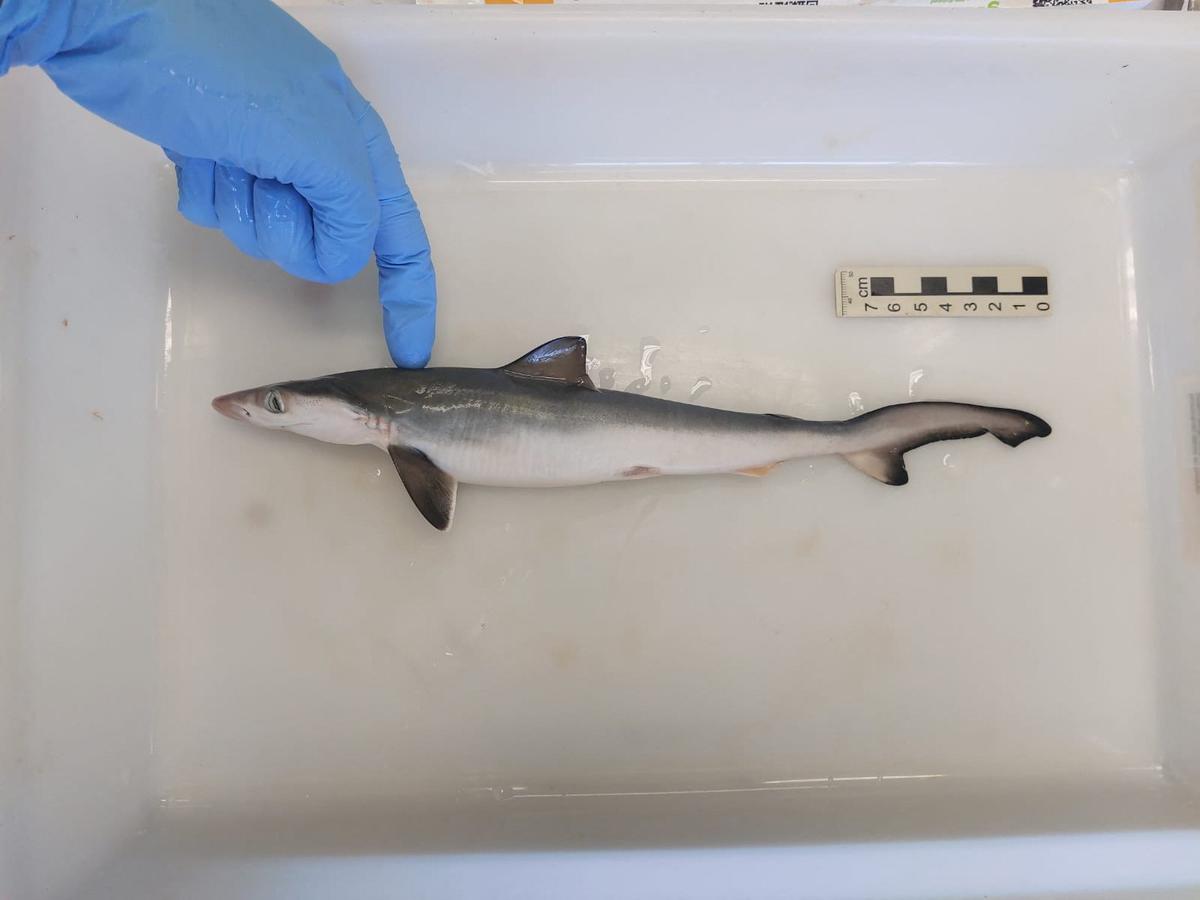Sharks
Researchers have made a groundbreaking discovery off the coast of Brazil: cocaine has been found in wild sharks. This marks the first recorded instance of such a drug being detected in these marine predators.
The recent study, highlighted by Scientific American and published in Science of the Total Environment, reveals that all 13 sharks tested exhibited traces of cocaine in both their liver and muscle tissues.
This startling finding is part of a broader examination of pollutants affecting marine life. Enrico Mendes Saggioro and Rachel Ann Hauser-Davis, co-authors of the study and experts at Brazil’s Oswaldo Cruz Foundation, have noted that the full implications of cocaine exposure on sharks remain unclear.
Hauser-Davis remarked, “Nobody has ever studied the behavioral or physiological impacts of cocaine in sharks,” adding that cocaine is just one of many pollutants affecting these apex predators.
The study also found elevated levels of various harmful substances in over 30 species of sharks and rays, including metals, “forever chemicals” such as per- and polyfluoroalkyl substances (PFASs), pesticides, and polycyclic aromatic hydrocarbons.
Notably, PBDEs, used as flame retardants, are known to be carcinogenic and disrupt hormones and brain development, while PCBs, banned in the US in 1976 and internationally in 2001, were also detected.
The research was inspired by Mendes Saggioro’s previous discovery of cocaine in Rio de Janeiro’s river water. Given Brazil’s significant cocaine use, untreated sewage containing drug traces often contaminates local waterways.
Additionally, drug dealers sometimes dispose of cocaine by throwing it into the water. Although a 2023 Discovery Channel documentary depicted sharks interacting with fictitious cocaine packets near Florida, scientists believe that waste and contaminated prey are more likely sources of the drug.
The average concentration of cocaine found in the tissues of Brazilian sharpnose sharks (Rhizoprionodon lalandii) was 23 micrograms per kilogram.
Interestingly, male sharks showed lower levels of cocaine than females, and the fact that half of the captured females were pregnant suggests potential transmission to developing embryos.
Chris Lowe, a marine biologist and director of the Shark Lab at California State University, Long Beach, highlighted the concern, noting that “adults may have better-developed systems to metabolize these substances, but a developing fetus may not.”
Mendes Saggioro plans to extend testing to include migratory fish and rays, underlining the urgency of addressing ocean pollution.
The report emphasizes two critical points: do not dispose of waste, including illegal drugs, into the ocean, and be aware of the impacts of overfishing and pollution on shark populations.
David Shiffman, a marine conservation biologist at Arizona State University, echoed this sentiment, urging, “Please don’t dump your trash, including illegal drugs, into the water.”
I am a dynamic professional, specializing in Peace and Conflict Studies, Conflict Management and Resolution, and International Relations. My expertise is particularly focused on South Asian Conflicts and the intricacies of the Indian Ocean and Asia Pacific Politics. With my skills as a Content Writer, I serve as a bridge between academia and the public, translating complex global issues into accessible narratives. My passion for fostering understanding and cooperation on the national and international stage drives me to make meaningful contributions to peace and global discourse.










